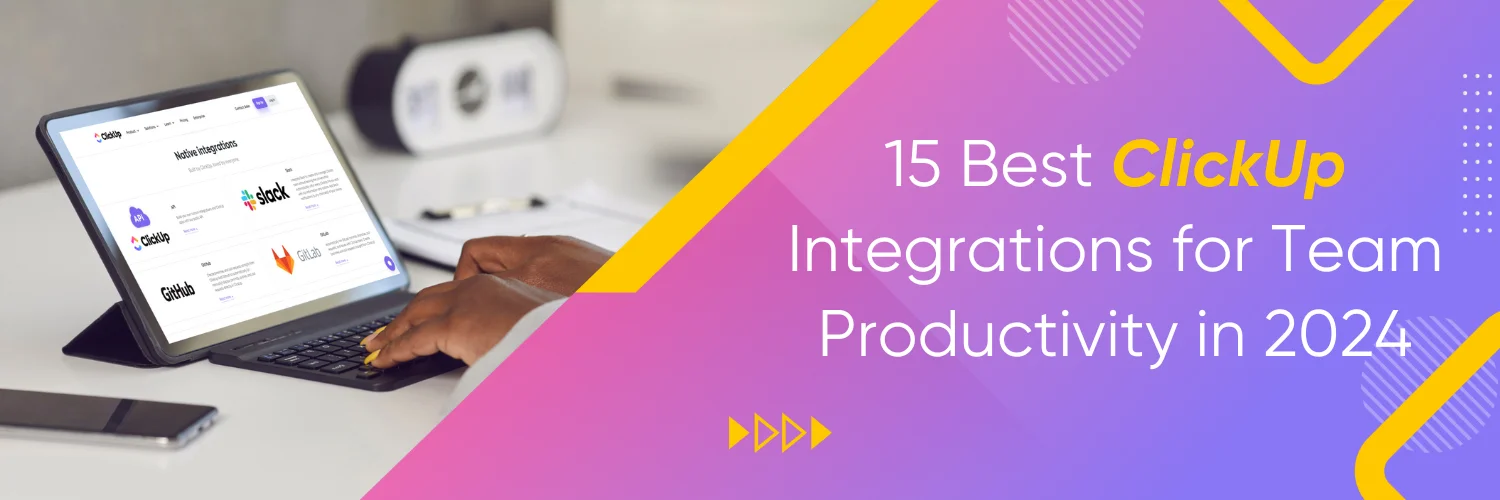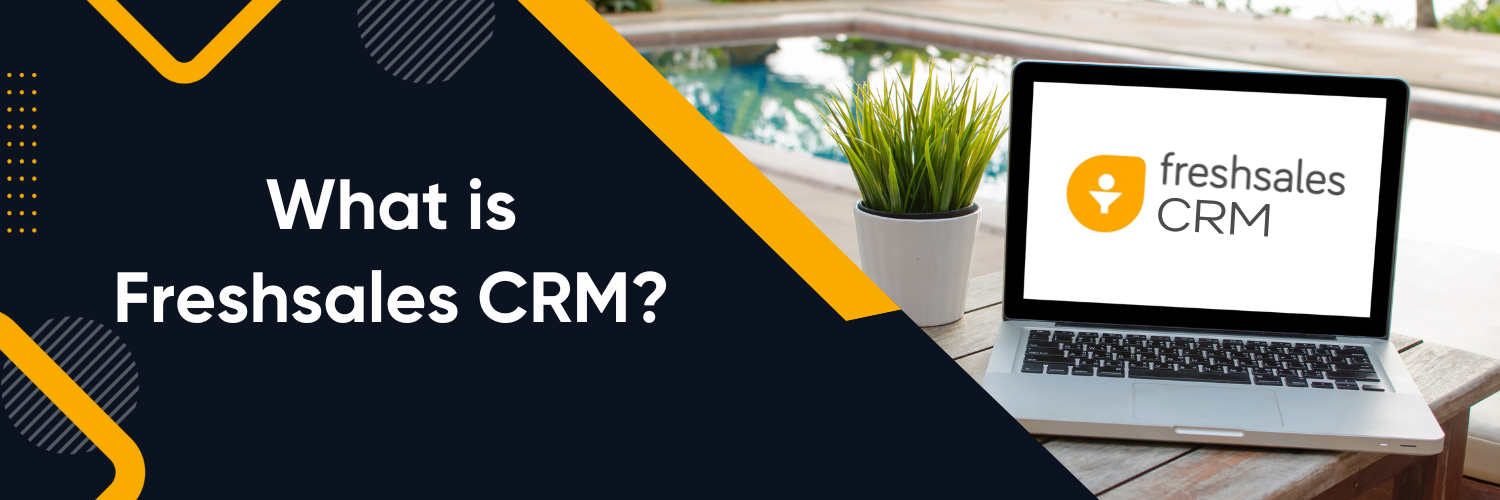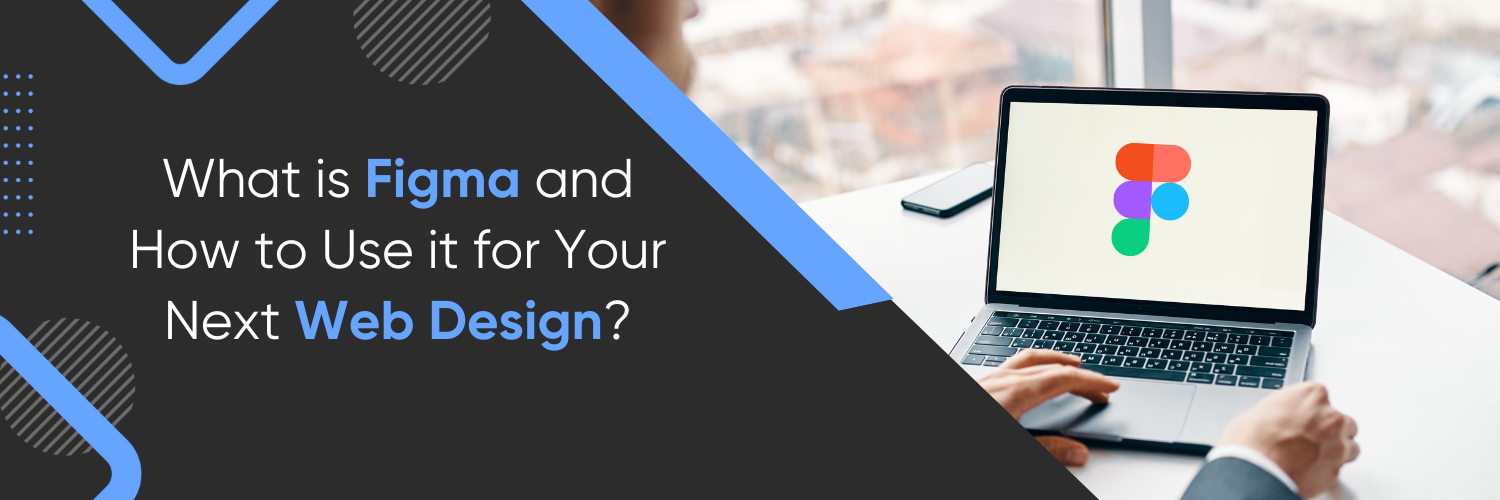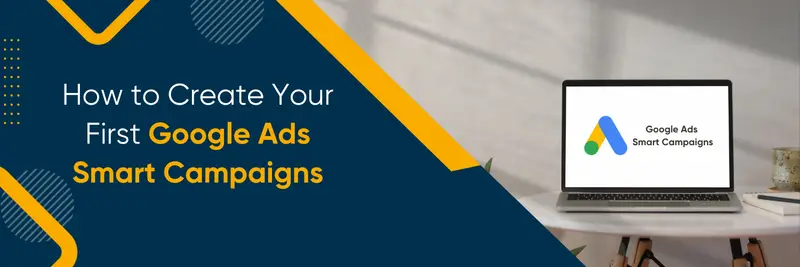Marketing Automation for Startups

In today’s rapidly evolving business landscape, startups face the challenge of maximizing their limited resources to achieve optimal growth. One crucial area where startups can gain a competitive edge is through marketing automation. By harnessing the power of software and tools to automate repetitive marketing tasks and processes, startups can revolutionize their approach to customer engagement. Marketing automation empowers these innovative companies to streamline their efforts, save valuable time, and scale their growth with unprecedented efficiency. With the ability to automate key marketing activities, startups can now prioritize building meaningful relationships with their target audience, fueling their business success in an increasingly dynamic market.
Streamlining Lead Generation

Marketing automation offers startups a powerful tool to streamline and optimize their lead generation efforts. With automation, startups can implement targeted strategies that efficiently attract and capture potential leads.
- Personalized and automated email campaigns, social media advertisements, and landing pages can be created using automation software.
- Automated campaigns nurture leads throughout the buyer’s journey by delivering relevant content at the right time.
- Marketing automation allows startups to track and analyze the performance of their lead-generation campaigns.
- Valuable insights can be gained from tracking and analyzing campaign performance and identifying effective strategies and areas for improvement.
- Automating lead generation processes saves time and resources for startups.
- Automation enhances lead quality and conversion rates, driving sustainable growth and success.
1. Email Marketing Automation

Email marketing automation is a powerful tool for startups to nurture leads and convert them into customers. By implementing various automated processes, startups can effectively engage with their audience, deliver valuable content, and drive conversions. Here are three key automations within email marketing:
Welcome Emails
Sending automated welcome emails to new subscribers or customers is a crucial step in establishing a positive first impression and forging strong relationships. When a visitor provides their email address, either through a sign-up form or during the checkout process, an automated welcome email is triggered and promptly sent. The welcome email serves as a friendly introduction to the startup, expressing gratitude for the subscriber’s interest or purchase, and providing a concise overview of the startup’s value proposition. This is an opportunity to highlight the unique benefits of the product or service and showcase any special offers or promotions exclusive to new subscribers or customers.
Lead Magnet Delivery
To streamline lead magnet delivery and enhance user experience, startups can utilize email marketing automation. When a visitor expresses interest in a lead magnet by providing their email address, an automated email containing the content is instantly triggered and sent. This email includes a warm thank-you message, highlights the benefits of the lead magnet, and provides a direct download link or access instructions. Automation ensures prompt delivery, boosting user satisfaction. Personalization further enhances this process by tailoring emails based on the specific lead magnet, user demographics, preferences, or past interactions. Including personalized recommendations and related resources encourages continued engagement, establishing the startup as a valuable resource to the lead.
Drip Campaigns
Drip campaigns are automated email sequences that nurture leads over time, guiding them toward desired actions. Startups create a series of pre-written emails that align with the customer’s journey and provide relevant information at each stage. To start, the campaign’s goals and objectives are defined, identifying the desired actions and mapping out content and messaging. For instance, a software startup may educate leads about product benefits, showcase success stories, and offer a free trial or limited-time discount to encourage conversions. Automation software is then used to schedule and send emails at strategic intervals, allowing leads to digest information while maintaining interest. Startups can segment their audience based on demographics, behaviors, or previous interactions to deliver personalized emails that resonate with each lead.
2. Social Media Automation

Social media has become an integral part of our daily lives, and startups can leverage its power to connect with their target audience on a more personal level. However, managing multiple social media platforms and consistently producing engaging content can be time-consuming and resource-intensive. This is where social media automation comes in, enabling startups to maintain an active presence and effectively engage with their audience.
With social media automation tools, startups can streamline various activities such as content scheduling, post sharing, and audience interaction. By pre-planning and scheduling content in advance, startups can ensure a consistent flow of posts without the need for manual intervention. This automation not only saves time but also allows startups to maintain a regular posting schedule, keeping their social media profiles active and engaging.
Scheduled Posts and Content Sharing
Using social media management tools, startups can schedule posts in advance, ensuring consistent content delivery and saving time. By planning and scheduling content strategically, startups can maintain a consistent brand voice and engage their audience regularly.
3. Social Media Listening and Engagement

Automation tools provide startups with the ability to monitor social media platforms in real-time, tracking mentions, comments, or direct messages related to their brand. By leveraging these tools, startups can promptly respond to customer inquiries, feedback, or complaints, showcasing excellent customer service and fostering a positive brand image. Automated notifications and alerts ensure that no valuable interactions are missed, allowing startups to engage with their audience in a timely and meaningful manner. By actively listening and engaging on social media, startups can build trust, strengthen relationships, and demonstrate their commitment to customer satisfaction.
Improving Conversion Rates
Converting website visitors into customers is a critical objective for startups, and marketing automation offers effective solutions to optimize this process. Through automation, startups can implement strategies that enhance user experience, streamline lead generation, and guide visitors toward making a purchase or taking a desired action. By automating key marketing activities, startups can focus on nurturing leads, delivering personalized content, and providing relevant offers, ultimately boosting conversion rates and driving business growth.
4. Website Personalization

Personalizing the website experience based on visitor data and behavior is a powerful way for startups to improve conversion rates. Automation tools enable startups to gather and analyze user information, such as demographics, browsing history, or past interactions, to dynamically customize the website content. By tailoring messages, offers, or product recommendations to align with the visitor’s preferences and needs, startups can create a more personalized and engaging experience. This level of personalization increases the relevance and effectiveness of the website, capturing the visitor’s attention, building trust, and increasing the likelihood of conversion.
5. Dynamic Content Customization

Exit-Intent Popups
Exit-intent popups are a powerful automation technique to capture the attention of visitors who are about to leave the website. When a visitor’s mouse movement indicates an intention to exit, automation tools can trigger popups that present compelling offers, discounts, or lead magnets. These targeted popups are based on the visitor’s behavior and can provide incentives to reconsider their decision and stay engaged with the startup. By utilizing exit-intent popups, startups can increase the chances of converting visitors who were otherwise about to leave without taking any action. This automation tactic acts as a last-minute opportunity to capture leads, nurture engagement, and drive conversions.
Boosting Customer Retention
Ensuring customer retention is vital for startups to establish a strong foundation for long-term success, and marketing automation provides valuable support in this endeavor. By leveraging automation tools and strategies, startups can enhance their customer retention efforts, build loyalty, and foster ongoing engagement.
6. Google Ads Discovery Campaigns
Google Ads Discovery Campaigns is a type of advertising campaign offered by Google that allows businesses to reach and engage with potential customers across various Google platforms and partner websites. With Discovery Campaigns, advertisers can promote their products or services through visually appealing ads that blend seamlessly with the content users are browsing. These ads appear on multiple Google properties, including the Discover feed on the Google mobile app, YouTube home feed, and Gmail promotions tab.
The main objective of Google Ads Discovery Campaigns is to capture the attention of users who are actively exploring new interests, products, or services. By utilizing machine learning algorithms, these campaigns leverage user behavior signals, such as search history, app activity, and demographics, to deliver targeted ads to relevant audiences.
To create a Discovery Campaign, advertisers need to provide compelling ad creatives, including images, headlines, descriptions, and logos. Google’s machine learning technology then optimizes the campaign to display the ads to users who are likely to be interested in the offerings.
One of the benefits of Google Ads Discovery Campaigns is the expansive reach it provides, allowing businesses to connect with a broader audience and potentially reach users who might not have been exposed to their brand through traditional search campaigns. Additionally, the visually appealing nature of the ads can help capture users’ attention and drive engagement.
7. Customer Feedback and Surveys

Gathering customer feedback is crucial for startups to understand their customers’ needs, preferences, and overall satisfaction. Automation tools can be employed to send automated emails containing surveys, feedback requests, or product review requests to customers. These emails can be triggered at strategic touchpoints, such as after a purchase or after a specific period of engagement. By automating the process, startups can consistently collect valuable insights from their customers, identify areas for improvement, and address any concerns promptly. This proactive approach not only shows customers that their opinions are valued but also allows startups to take action to enhance their products, services, or customer experience. By actively listening to customer feedback and implementing necessary changes, startups can nurture positive relationships, build loyalty, and increase customer retention.
Conclusion

By streamlining repetitive marketing tasks and processes, startups can save time, focus on building relationships with their target audience, and scale their growth more efficiently. From lead generation to customer engagement, conversion rate optimization, and customer retention, marketing automation offers a wide range of benefits. Startups can nurture leads, personalize their messaging, recover abandoned carts, gather valuable customer feedback, and foster long-term relationships.
To unlock the full potential of marketing automation, startups should consider partnering with Ubique Digital Solutions. As experts in digital marketing and automation, they can provide the guidance and tools needed to take your business to new heights. Don’t miss out on the opportunity to boost your business to success – take action and contact Ubique Digital Solutions today.
FAQs
Q: What is marketing automation, and why is it important for startups?
Marketing automation refers to the use of software and tools to automate repetitive marketing tasks and processes. It is important for startups because it helps streamline marketing efforts, saves time, and enables efficient scaling of growth.
Q: How can email marketing automation benefit startups in lead generation and customer engagement?
Email marketing automation allows startups to send personalized and targeted emails to nurture leads, deliver lead magnets, and run drip campaigns. This helps in building relationships, engaging with prospects, and converting them into customers.
Q: What social media automation strategies can startups implement to enhance customer engagement?
Startups can utilize social media automation to schedule posts and share content consistently. They can also listen and engage with their audience by monitoring social media platforms for mentions, comments, and messages.
Q: How do website personalization and dynamic content customization help in improving conversion rates for startups?
Website personalization and dynamic content customization allow startups to deliver personalized messages, offers, and recommendations to website visitors. By tailoring the website experience to individual preferences and behavior, startups can enhance engagement and increase the likelihood of conversions.
Q: What are some effective marketing automation techniques for boosting customer retention in startups?
For boosting customer retention, startups can leverage email marketing automation to implement abandoned cart recovery strategies and gather customer feedback and surveys. These techniques help in re-engaging customers, addressing concerns, and fostering long-term loyalty.












